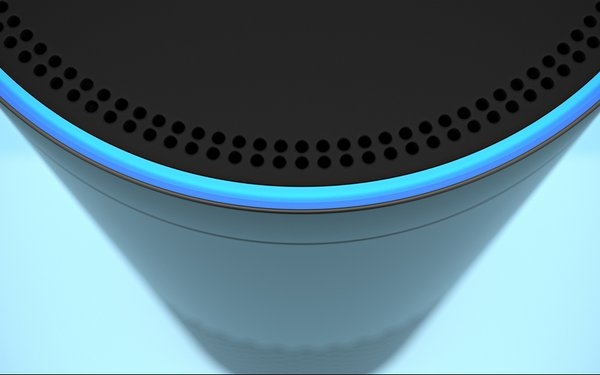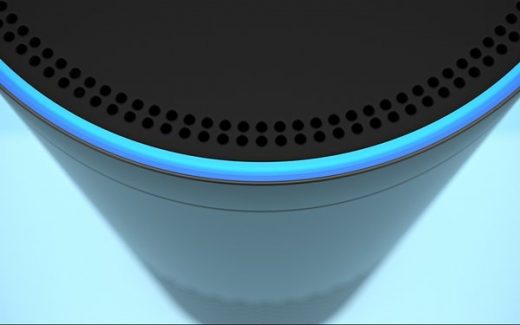Google: Consumers Getting Personal
Google: Consumers Getting Personal
by
Laurie Sullivan , Staff Writer @lauriesullivan, January 8, 2018

Voice assistants are reshaping consumer behavior. Some 41% of survey respondents who own a virtual assistant said they talk to their device like a trusted friend or family member. And they’re doing a lot of talking, It turns out that Google Assistant is now available on more than 400 million devices, according to the company.
Personally, it sounds a little creepy to me, but advertisers should be happy with the percentage. The more comfortable people become talking to a machine, the more they will search for all types of products, services and information. It also means more multitasking and instant answers.
In fact, 72% of respondents to the study said that voice-activated speakers have become part of their daily routine.
Those who own voice-activated speakers are open to using them to engage with brands. Some 52% search for information on deals, sales and promotions; 48%, personalized tips; and 42%, upcoming events or activities.
Some 52% of those who own a virtual assistant say the device is in a common room, such as a family room or living room. One-quarter say the device is in a bedroom, and 22% say it’s in their kitchen.
More than 5 billion consumer devices supporting digital assistants will be in use in 2018, with almost 3 billion more added by 2021, according to analysis company IHS Markit.
In late December 2017, Loup Ventures published findings from a survey on virtual assistants. Analysts asked 800 questions of the speakers Amazon Echo, Google Home, and Harman Kardon Invoke. The queries included five categories: Local, Commerce, Navigation, Information, and Command.
The smart speakers were graded on whether the device understood the question, and whether it answered or executed the command correctly.
This is Loup Ventures’ second
study on virtual assistants in hubs. This time around the team tested each of the speakers with the Philips Hue smart lighting and Wemo Mini smart plugs.
Amazon Echo understood 97.87% of the queries, compared with Google Home at 99.88%, and Invoke running Microsoft Cortana at 98.87%. More importantly, Echo answered the questions correctly 63.81% of the time, Google Home answered the queries correctly 81.10% of the time, and Invoke answered the questions correctly 56.38% of the time.
The speakers on average understood what was being asked 99% of the time, which is a jump from 95% in August, the last time Loup Ventures did the study. The study was done in February, August and December of 2017.
While the Harman Kardon Invoke struggled with performance, Loup Ventures said it has the best speaker quality out of the three.
MediaPost.com: Search Marketing Daily
(18)


